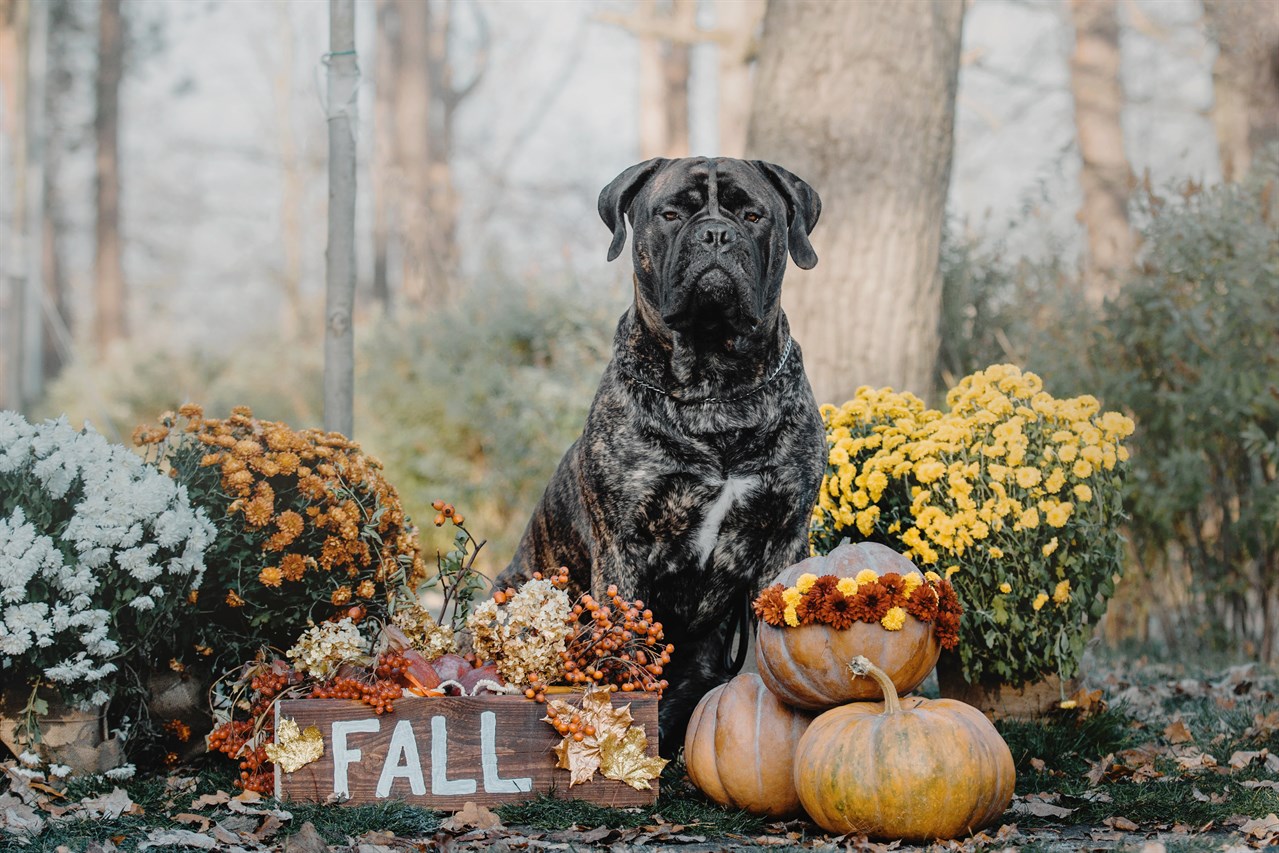Feeding Habits and Food Requirements of Bullmastiff

Feeding a Bullmastiff properly is crucial for their overall health and well-being. This breed is known for its large size and sturdy build, which means they have specific feeding habits and food requirements that should be carefully managed. Here's a detailed look at the feeding habits and dietary needs of the Bullmastiff.
Protein Needs
Bullmastiffs require a balanced diet with a moderate protein content. Protein is essential for muscle maintenance and growth. Look for high-quality dog foods that list a source of meat, such as chicken or beef, as the first ingredient. Adult Bullmastiffs generally need around 18-22% protein in their diet, but puppies may require slightly more.
Fat Content
A moderate amount of fat is necessary to provide Bullmastiffs with energy and maintain their skin and coat health. Look for foods with approximately 8-12% fat content. Healthy fat sources like chicken fat or fish oil are beneficial.
Caloric Needs
Bullmastiffs are prone to obesity, so it's crucial to monitor their caloric intake. The exact amount of food depends on their age, activity level, and metabolism. Consult with your veterinarian to determine the appropriate daily calorie intake for your Bullmastiff.
Meal Frequency
Puppies typically require more frequent meals, usually three to four times a day, to support their growth and development. Adult Bullmastiffs can transition to two meals a day. It's essential to avoid overfeeding and maintain a consistent feeding schedule.
Avoid Rapid Growth
Bullmastiffs are prone to growing rapidly during their puppy phase. Rapid growth can lead to joint and bone problems, so it's vital to feed them a balanced puppy food specifically formulated for large breeds. Controlled growth is essential to prevent skeletal issues.
Avoid Bloat
Bullmastiffs are susceptible to gastric torsion or bloat, a potentially life-threatening condition. To reduce the risk, avoid feeding them immediately before or after vigorous exercise and consider using elevated feeding bowls. Smaller, more frequent meals can also help.
Hydration
Ensure that your Bullmastiff has access to fresh, clean water at all times. Proper hydration is essential for their overall health and digestion.
Special Dietary Considerations
Some Bullmastiffs may have food allergies or sensitivities. If your dog displays signs of food intolerance, such as skin issues or digestive problems, consult with a veterinarian to determine if a special diet or limited-ingredient food is needed.
Treats
Treats should be given in moderation and should not constitute a significant portion of their daily caloric intake. Choose high-quality, low-calorie treats and use them sparingly for training and rewards.
Regular Vet Checkups
Regular veterinary checkups are essential to monitor your Bullmastiff's weight and overall health. Your vet can provide guidance on any dietary adjustments necessary to maintain a healthy weight.
In conclusion, Bullmastiffs require a balanced diet that meets their specific nutritional needs to maintain their health and prevent common issues such as obesity and bloat. Feeding them the right amount of high-quality dog food, monitoring their calorie intake, and addressing any dietary sensitivities or allergies will help ensure they lead a long and healthy life. Consulting with a veterinarian for personalised dietary recommendations is always a wise choice for Bullmastiff owners.
Bullmastiff puppies for sale
- Find Bullmastiff puppies for sale in ACT
- Find Bullmastiff puppies for sale in NSW
- Find Bullmastiff puppies for sale in NT
- Find Bullmastiff puppies for sale in QLD
- Find Bullmastiff puppies for sale in SA
- Find Bullmastiff puppies for sale in TAS
- Find Bullmastiff puppies for sale in VIC
- Find Bullmastiff puppies for sale in WA